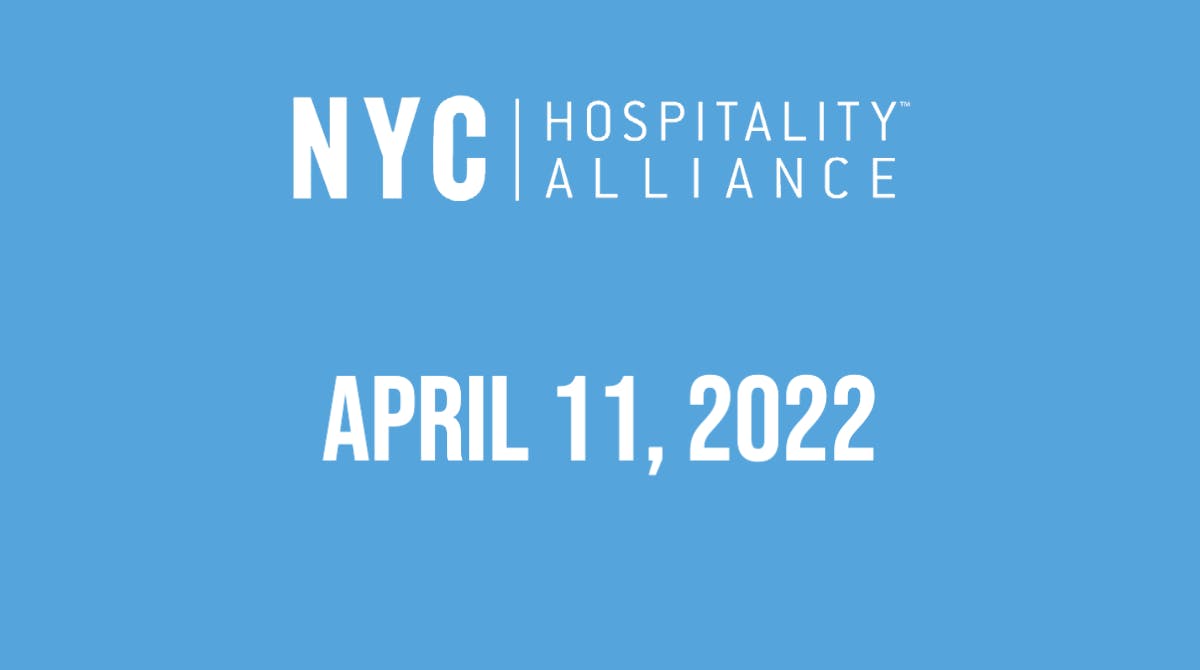SLA Guidance on To-Go Drinks

This morning, the State Liquor Authority held a special board meeting to approve guidance on the newly-enacted drinks to-go law. The guidance is fairly straightforward. You can read it here. The guidance makes two points:
1. Clarifying the term "substantial food item." The new drinks to-go law requires wine or spirits sold to-go to be accompanied by a "substantial food item." Under SLA's new guidance, a substantial food item is defined as sandwiches, soups, or "other" foods of similar quality and substance, whether fresh, processed, precooked, or frozen. The guidance gives specific examples of foods other than sandwiches or soups that also qualify, and those that do not.
- Examples of foods that also qualify: Salads, wings or hot dogs
- Examples of foods that do not qualify on their own: Chips, nuts, candy, unreasonably small portions of soup, canned beans, or a "handful of lettuce."
SLA also warns that charging a small extra fee for a to-go wine or spirits drink in lieu of a substantial food item that is not actually ordered or delivered will be treated as a violation of the law.
It is important to note that these restrictions only apply to wine and spirits to-go. Beer and cider to-go are not subject to any food purchase requirement. Wine and spirits drinks sold and consumed on-premises are also not subject to this requirement.
2. Reinforcing that selling bottles of wine and spirits to-go are still illegal. The new drinks to-go law is only meant to allow drinks by the glass to be sold to-go. The law specifically prohibits selling bottles of wine or spirits to-go. The guidance reinforces that requirement by reminding licensees that wine or spirits to-go may not be sold in the original bottle, box, can or similar container purchased by the bar or restaurant from the wholesaler or manufacturer. The guidance also goes a step further to warn that "obvious efforts to circumvent the law, such as transferring the contents of a bottle of wine or liquor to a same or equivalent bottle" will be treated as a violation of the law."
This restriction also only applies to wine and spirits sold to-go. Beer and cider sold by the bottle or can to-go are not subject to this restriction. Wine and spirits sold by the bottle to be consumed on-premises are also not subject to this requirement, although some businesses may have Community Board stipulations prohibiting wine and spirits sold by the bottle to be consumed on-premises.
